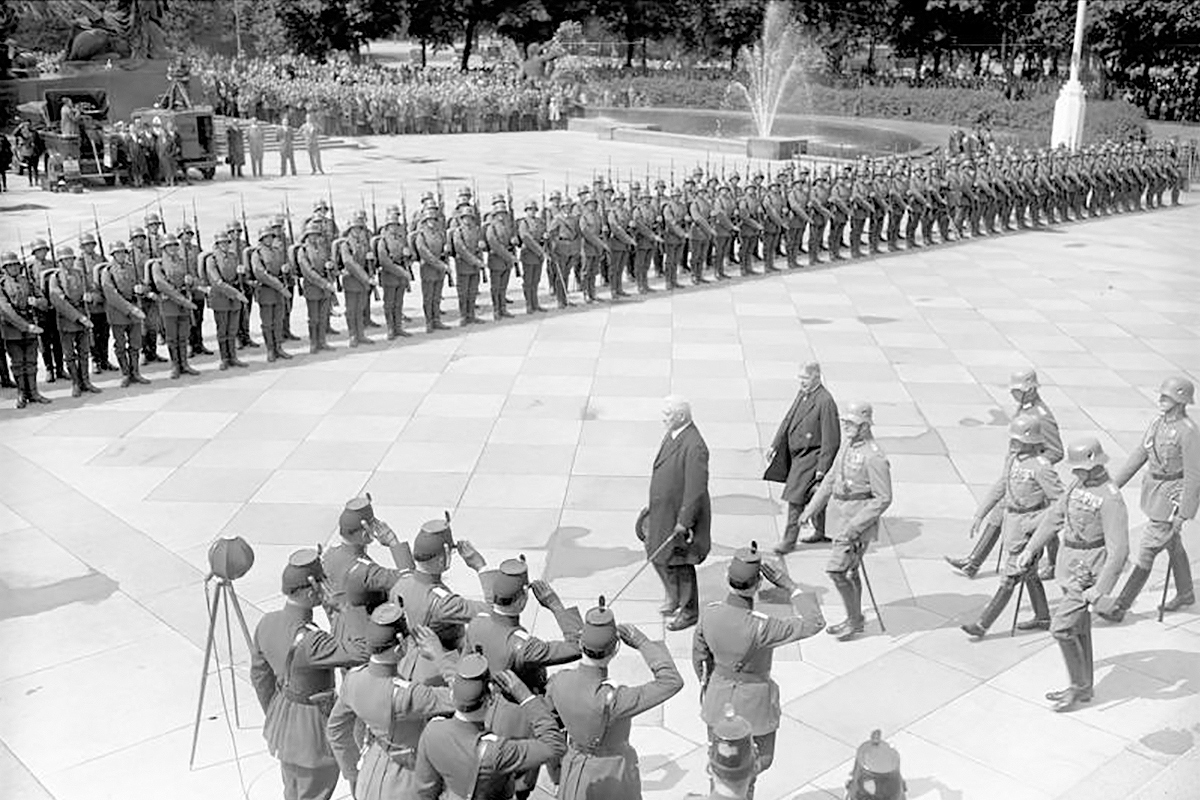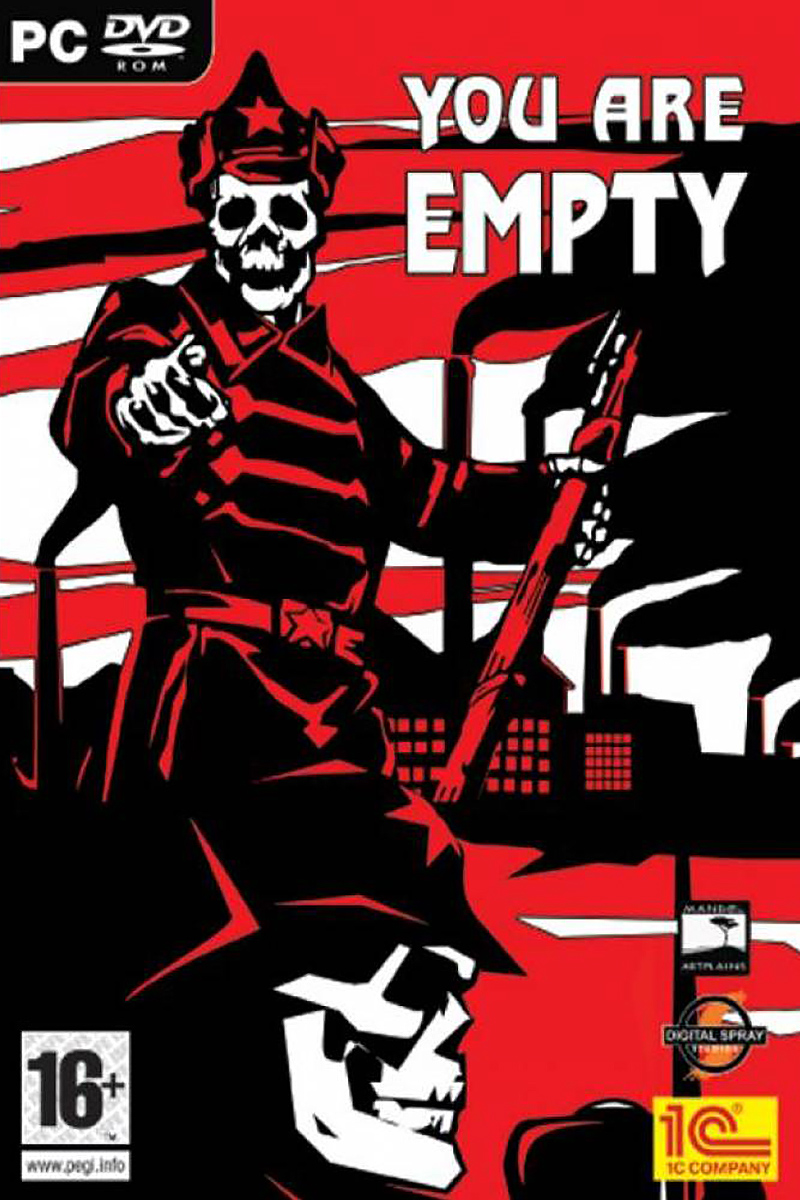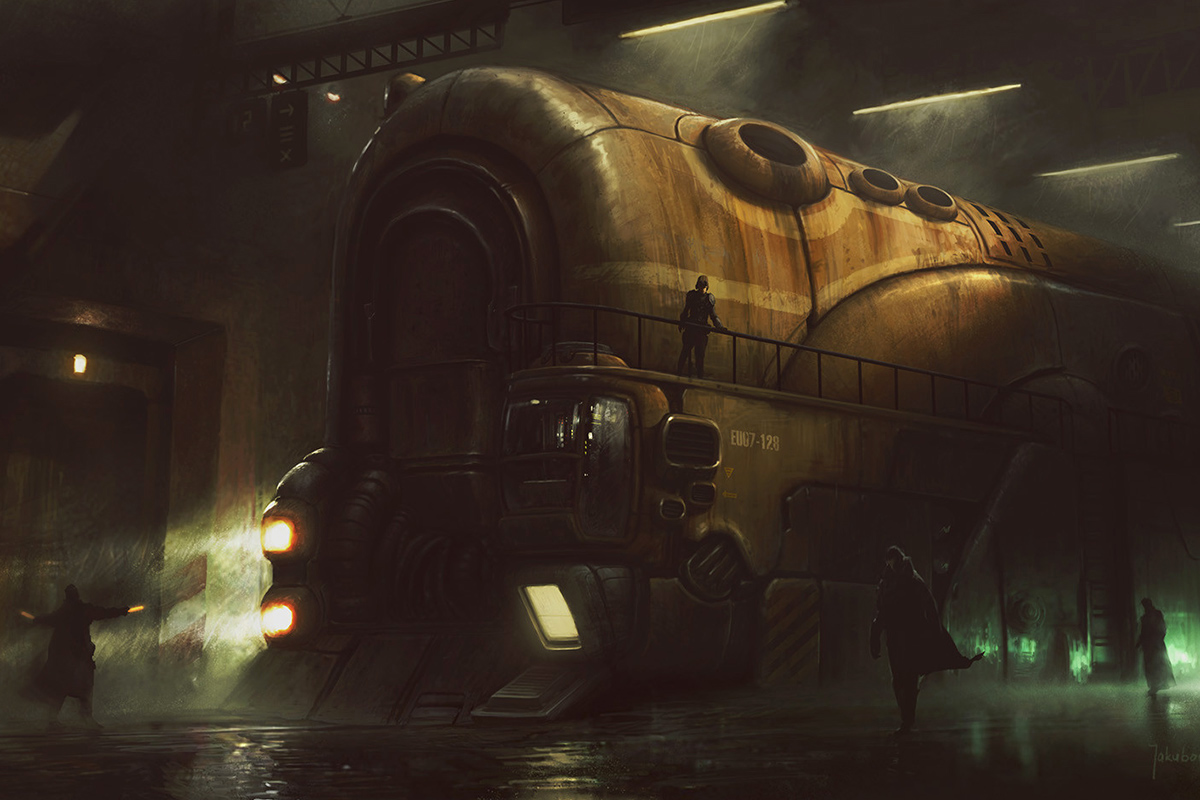We think of the most heinous crimes in human history as having being perpetrated by beings other than humans. We call them animals or beasts or a variety of other dehumanizing names to forget that we have a commonality with murderers.
With no other group has this canard been wheeled out more often than the Nazis. It’s almost unfathomable that something so monstrous as the Holocaust could be planned and carried out by people like us.
Countering such a misguided notion is the goal of Conspiracy, a 2011 coproduction between HBO and the BBC, written by Loring Mandel and directed by Frank Pierson. The cast boasts the likes of Kenneth Branagh, Stanley Tucci and Colin Firth. It dramatizes the Wannsee Conference, a meeting held in an elegant mansion overlooking a lake outside Berlin in January 1942.
The agenda of the meeting was how to annihilate the Jews.
Conspiracy is easily one of the scariest films I’ve ever watched. It is not the horror of the supernatural but the far more insidious fear of what lurks within the human psyche. It is a horror made all the more unnerving by the fact that the script is based on the one surviving transcript of the meeting.
More unnervingly still is how familiar it all feels. Anyone who has ever been in a team meeting will recognize the dynamics at play. Branagh’s Reinhard Heydrich is the boss. Tucci’s Adolf Eichmann is his right-hand man. You have a sycophant, a number of pedants and one relatively sane person who dares to question the leader. You have people who are advocating their own pet projects at the expense of the thing everybody else wants to talk about. You have endless haggling about terminology.
Other than the feldgrau uniforms, the Nazis of this film feel like any white-collar professionals. They make jokes about each other (there’s a particularly funny quip about lawyers) and they bristle at the formality of all the salutes. Other than that, they are professional and business-minded. They could be discussing sales or production or any number of business topics. Of course, they aren’t. They’re discussing the production of corpses.
The performances are world-class. Branagh’s Heydrich is cold and calculating, and efficient as meeting chair. Tucci’s Eichmann is more reserved, bringing a certain nuance to the role, balancing ambition and subservience to Heydrich. You understand why Hannah Arendt came up with the notion “the banality of evil” when studying him. Another standout is David Threlfall as Friedrich Wilhelm Kritzinger, the most vocal objector to many of Heydrich’s proposals. Threlfall’s Kritzinger has some impressively detailed shades of ambiguity. It’s unclear how much he is motivated by genuine concern and how much by opportunism.
There’s an old saying, often misattributed to Stalin: The death of one man is a tragedy, the death of millions is a statistic. Conspiracy shows you how that works in practice. Things like meetings and charts and memos, by their nature, reduce human beings to figures and numbers; in other words, something less than human. It is not as visceral as throwing acid in someone’s face, but it is more dangerous because it deals with masses of people in a way an individual action never could. Conspiracy is a reminder that the orchestrators of one of the most awful crimes in human history did not lay a hand on their victims. They killed far away from the death camps. This is the story of a meeting that was at once a massacre.





